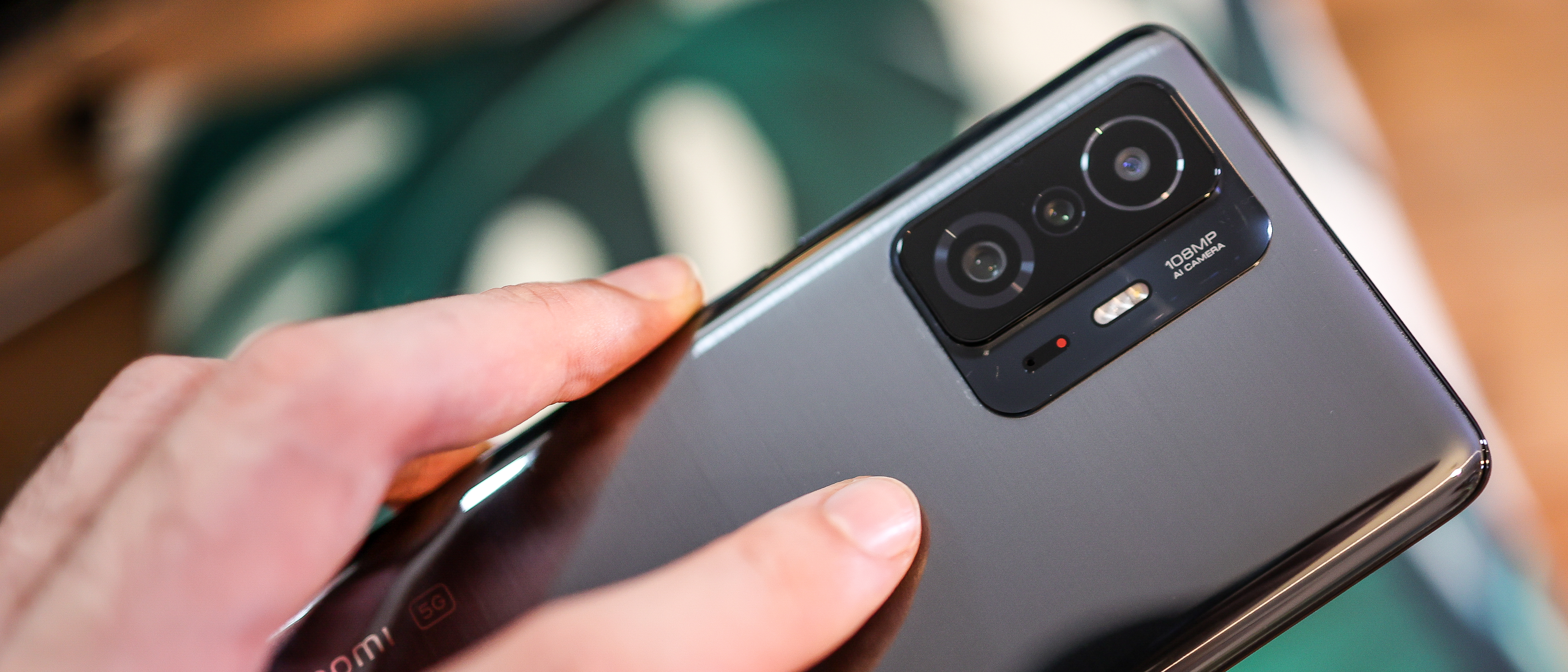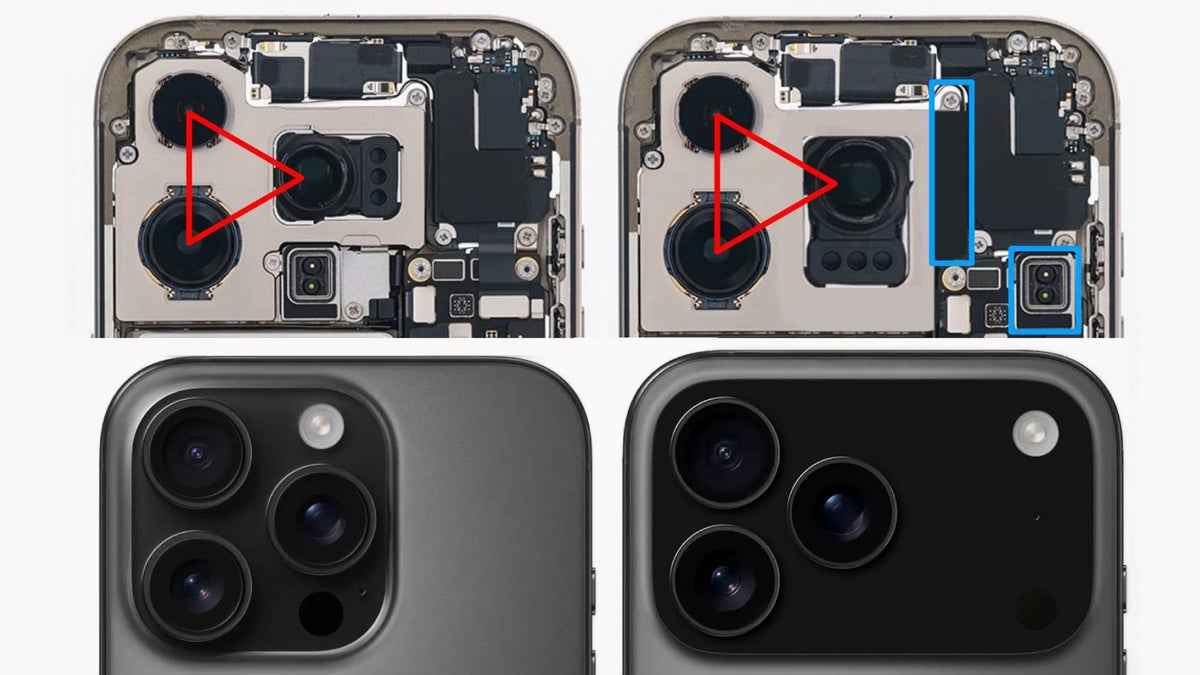Digital Camera World Verdict
Aside from wireless charging, there’s nothing we missed after a week of enjoying the Xiaomi 11T’s arsenal of features. It has a powerful 108MP camera, which is bolstered by a great telemacro camera and a competent ultra-wide angle option, delivers flagship power, a sensational screen, and the fastest charging available on a mainstream device right now.
Pros
- +
Flagship performance
- +
Excellent primary camera for price
- +
Wildly fast charging
Cons
- -
No traditional telephoto (only telemacro)
- -
No wireless charging
- -
Low light video performance is weak compared to iPhone
Why you can trust Digital Camera World
Xiaomi is the value champion smartphone maker of the year, and the Xiaomi 11T Pro cements its title. For as little as £499 (around $690), you can pick up a phone with a DisplayMate A+ rated AMOLED screen, complete with a silky smooth 120Hz refresh rate. The brand has fast become the best budget phone maker around, especially when it comes to high-quality screens at great prices, and the successor to the Xiaomi Mi 10T Pro turns up the heat on the competition.
The Xiaomi 11T Pro also delivers flagship-grade power, as well as a giant 5,000mAh battery, the fastest charging we’ve seen on a mainstream phone in the West, and loads of storage and RAM.
Naturally, some sacrifices have been made to hit a midrange price, and in the 11T Pro’s case, there’s no wireless charging or traditional telephoto camera. Xiaomi’s interface is also notoriously heavy, but does any of that matter when you’re getting so much for under £600 ($830).
Design and screen
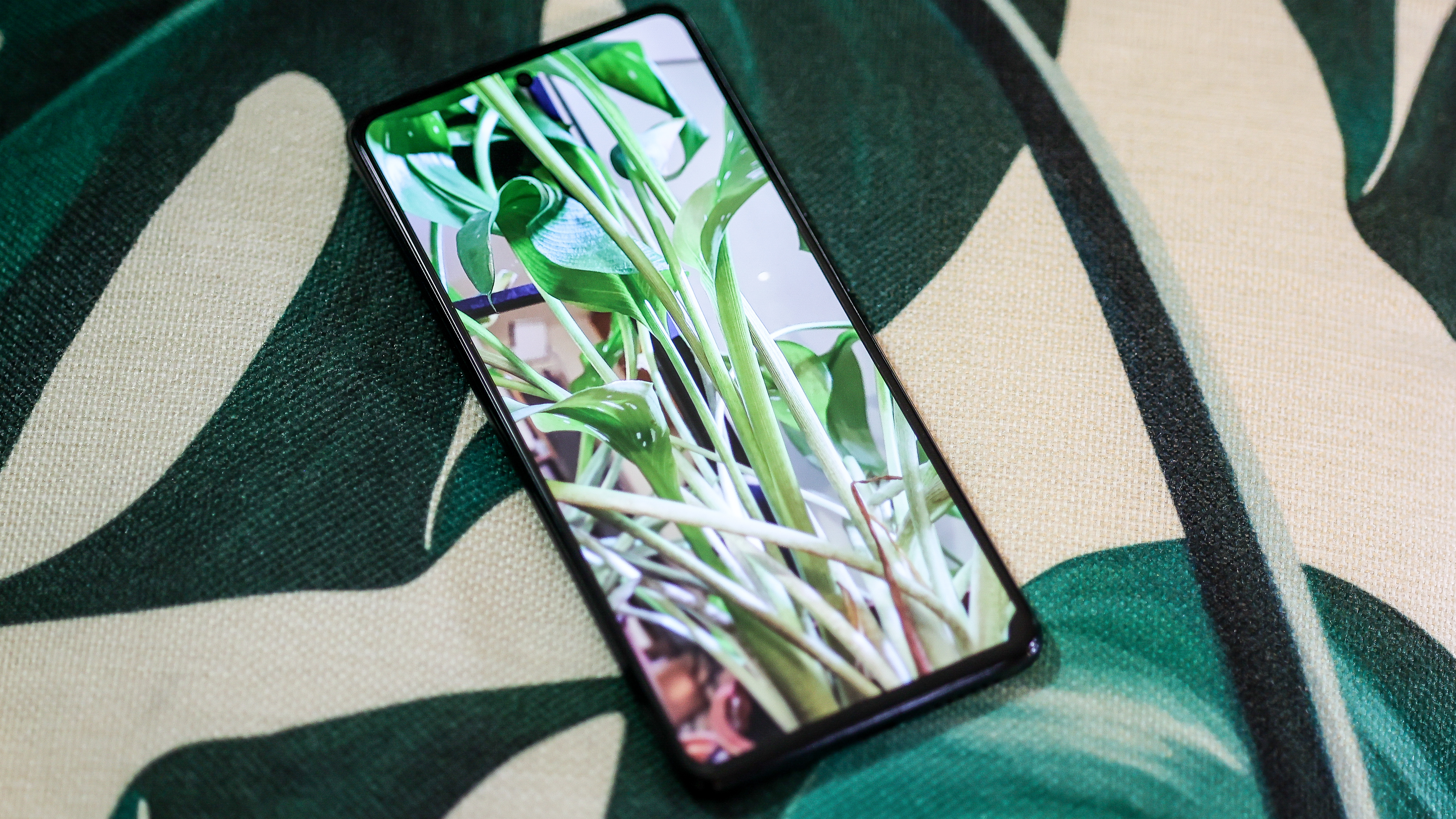
The Xiaomi 11T Pro combines a 6.67-inch, Full HD screen with a 120Hz refresh rate. This isn’t anything to shout about on paper, after all, the budget Redmi Note 10 Pro (also made by Xiaomi) matches these specs at a much lower cost.
Despite the fact you can get similar specs for less, the combination of a lightning-fast 480Hz touch sampling rate, 10-bit screen tech, a peak brightness of 1,000 nits, in addition to HDR10+ and Dolby Vision support edge it ahead of most of the competition.
In the real world, it’s a cracking screen to use indoors and out with ample brightness for most environments. Colors pop beautifully, and when using it as a viewfinder, the 11T previews images with both clarity and impact.
Thanks to the big screen, the phone itself is large and in charge. Measuring 8.8mm, it isn’t too thick, but between its ample footprint and 204g weight, it’s no wallflower. Nevertheless, Xiaomi’s styling is on point, with color options including Celestial Blue, Meteorite Gray, Moonlight White.
Around the curved back is a stepped camera bump, at the base is a USB-C port and a dual-SIM slot, while to the right side are all the buttons - a volume rocker and a curved two-in-one power button/fingerprint scanner. The top of the phone sports an IR blaster, so the 11T Pro is also a TV remote control, and on the front, protecting that brilliant screen is Gorilla Glass Victus.
All things considered, while the Xiaomi 11T Pro doesn’t do anything revolutionary, it nails the design and screen basics, so should tick all big phone lovers’ boxes without breaking the bank.
Xiaomi 11T Pro's cameras
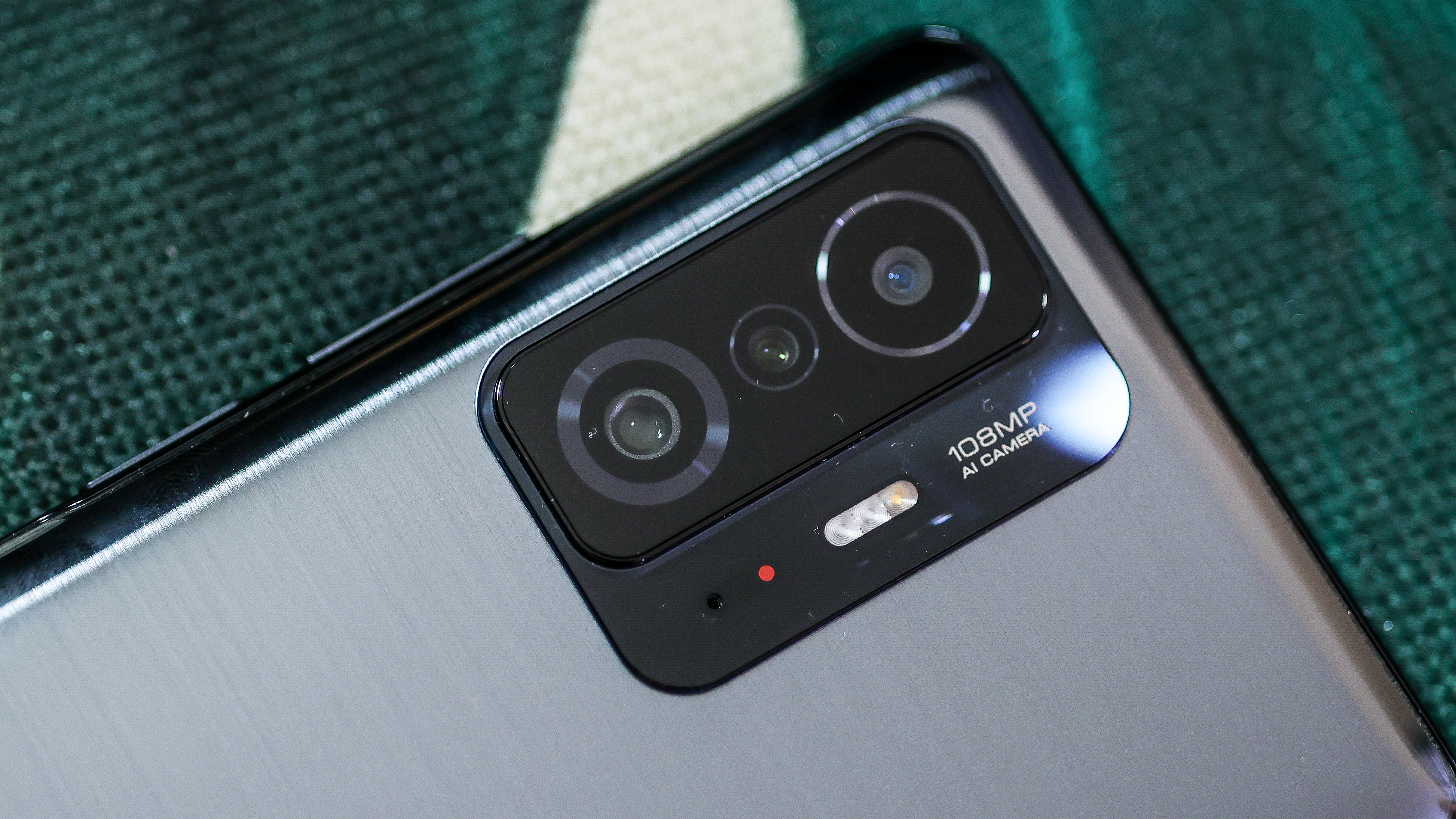
The Xiaomi 11T Pro’s main camera module features a 108MP wide-angle camera with 0.7μm pixels. After pixel binning, however, this pixel combo size jumps to 2.1μm, with the phone combining nine pixels into one to capture 12MP photos. The technique boosts image quality, as too does the phone’s OIS, and matched with an f/1.75 aperture, seven-element lens, even in low light, performance should be impressive.
The camera on the Xiaomi 11T that’s least impressive is the 8MP ultra-wide, thanks largely to the fact that it misses out on autofocus. Despite this, with a 120° field of view and an f/2.2 aperture, provided the light is right and you don’t intend on cropping too heavily into it, its performance is decent, and it’s also helped along by Night mode and Pro mode support.
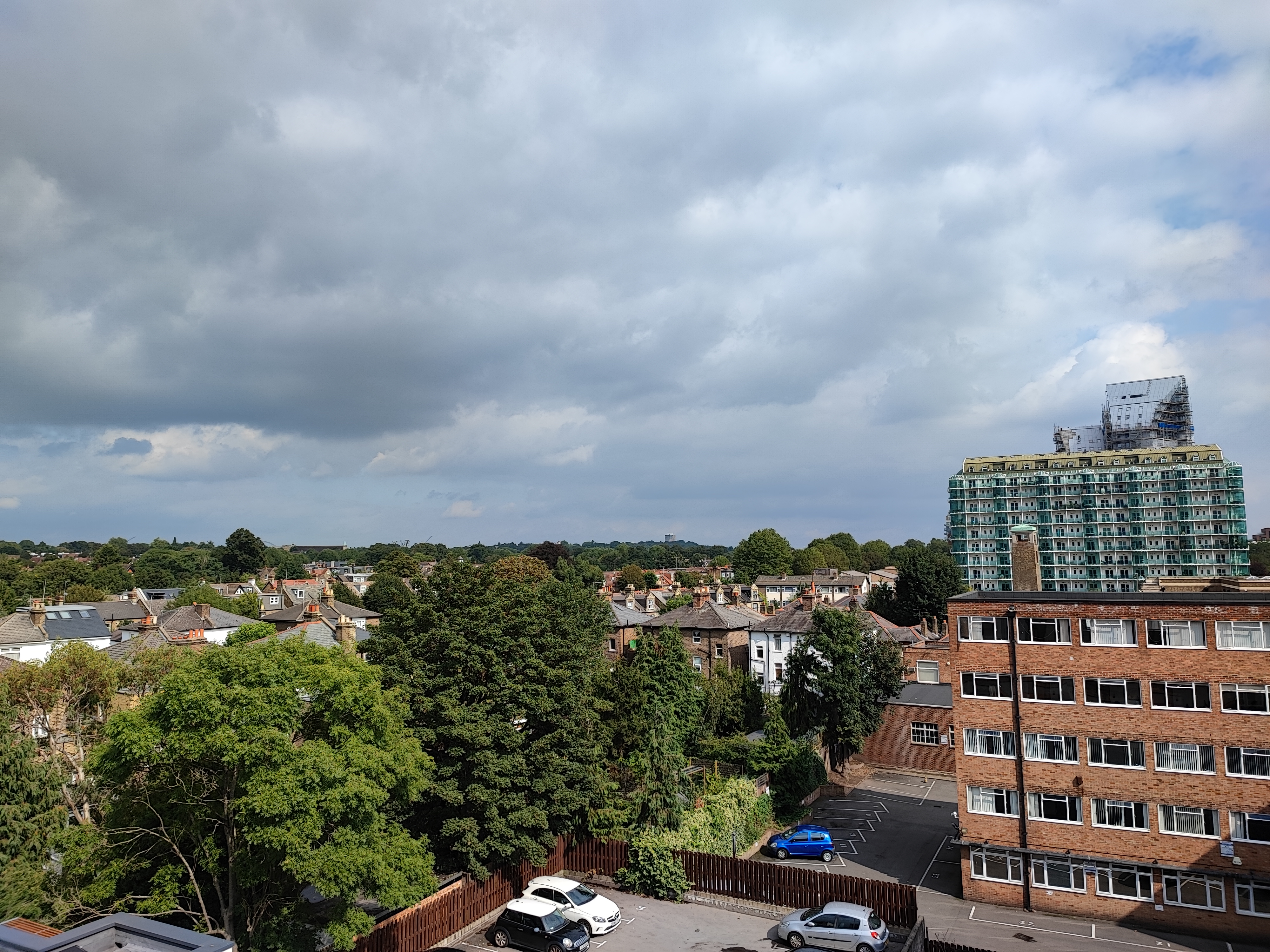
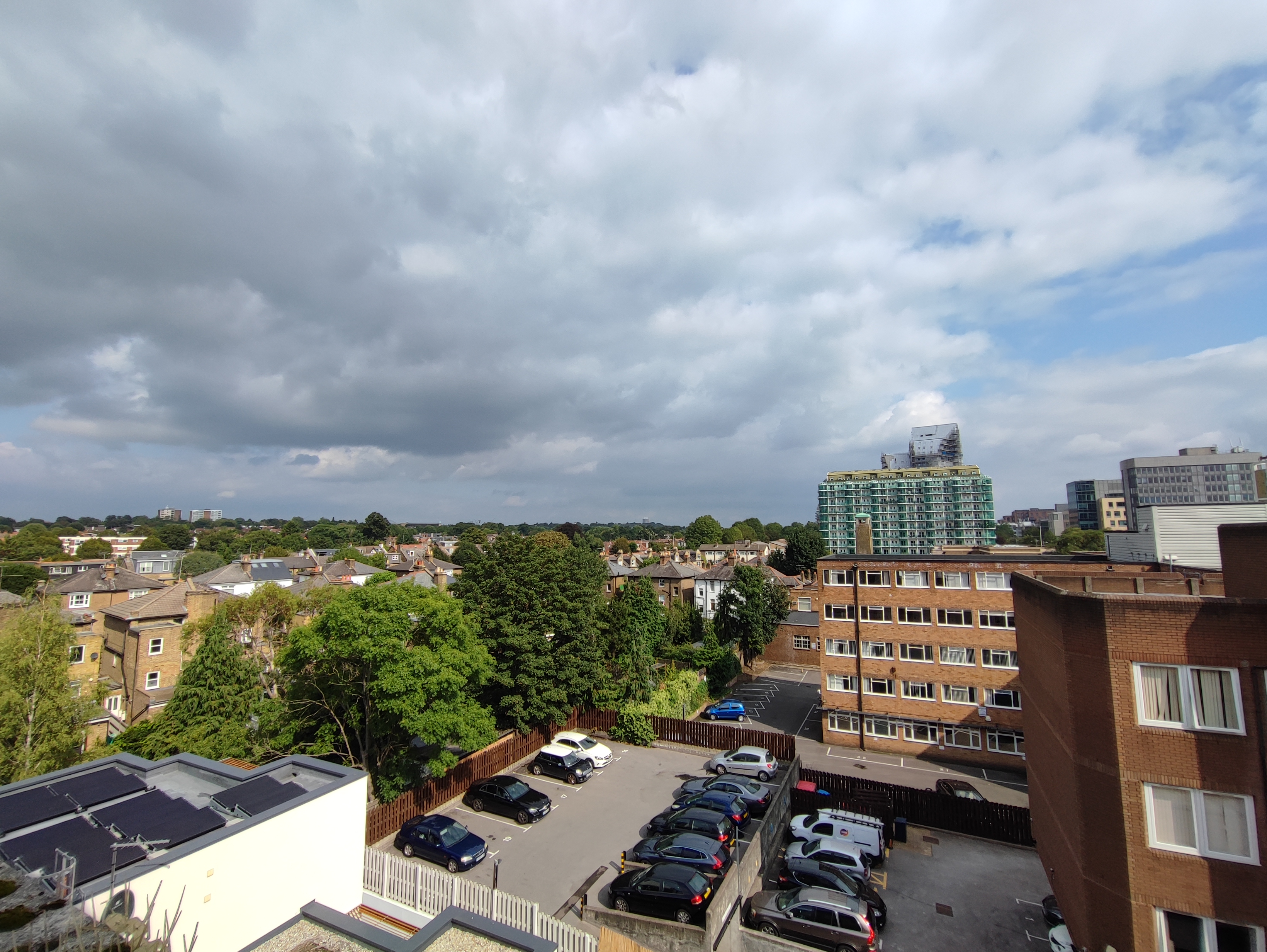
The final camera around the back of the 11T Pro is an old favorite of ours, the 5MP telemacro camera found on the Xiaomi Mi 11. While low resolution, the camera features an equivalent two times zoom dedicated to macro shots. This is matched with an f/2.4 aperture, and a 3-7cm focus range.
With a front camera resolution of 16MP and an f/2 aperture, you’re naturally covered for selfies too, and thanks to its flagship rear camera sensor and processor, the Xiaomi 11T Pro can also record 4K video up to 60fps, or staggeringly high-resolution 8K video at 30fps.

Shooting modes are also extensive, going much further than Photo, Video, Portrait, and Pro mode. Dip into the settings to activate that telemacro mode, and there’s also a night, 108MP, Short video, Panorama, Document, Vlog, Slow motion, Time-lapse, Movie effect, Long exposure, Dual video, and Clone mode. The camera benefits from a dual-native ISO, and in Pro mode, you can manually ramp the ISO up to 6400, while the shutter can be held open for up to 30 seconds.
Camera performance
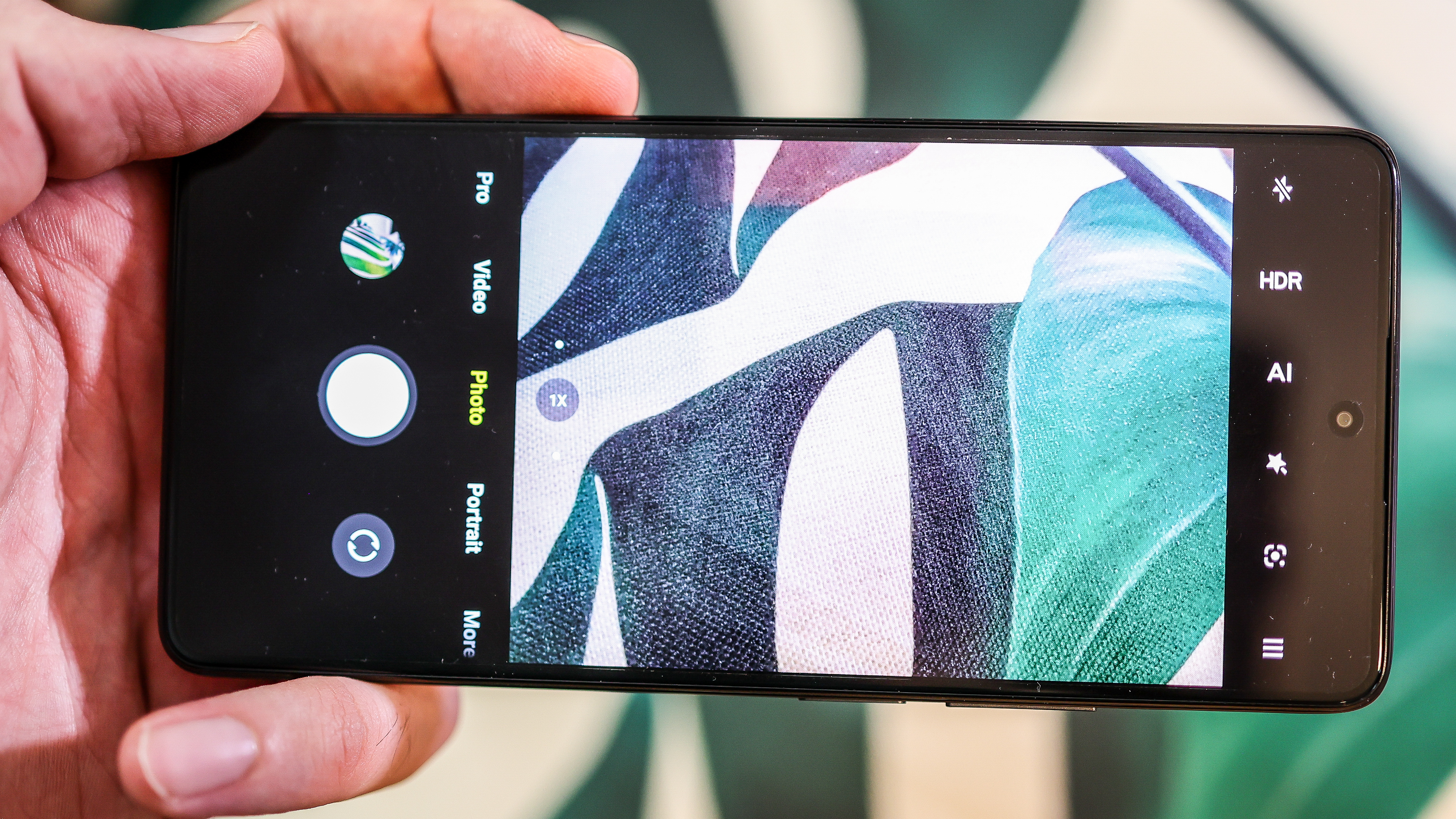
Xiaomi’s image processing is getting better and better. In many respects, you’ll get safer shots out of the Xiaomi 11T Pro than the flagship Mi 11 Ultra, with photos packing slightly less shallow depth and more discernable clarity, especially when snapping close-up objects. That isn’t to say the 11T Pro can’t do high-impact background blur, or beat an iPhone in terms of balance, but it does deliver best-in-class performance alongside the OnePlus Nord 2.
Color and saturation are on point. Photos are a bit zingy at times, but never radioactive-looking, and while Xiaomi adopts a pretty heavy HDR algorithm to boost shadows, most evident in backlit scenes, for anyone who wants an Instagram-ready photo, the Mi 11T Pro will deliver. For the most part though, in more forgiving lighting, exposure is balanced and photos tend to look relatively natural.
Noise handling is great when you fire up Night mode. If you forget to turn it on, the phone will boost ISO and take mediocre to good pictures in dim scenes. With Night mode active though, the phone automatically detects brightness in your environment and uses smart computational photography to give pictures a low noise exposure boost, and it works to great effect.

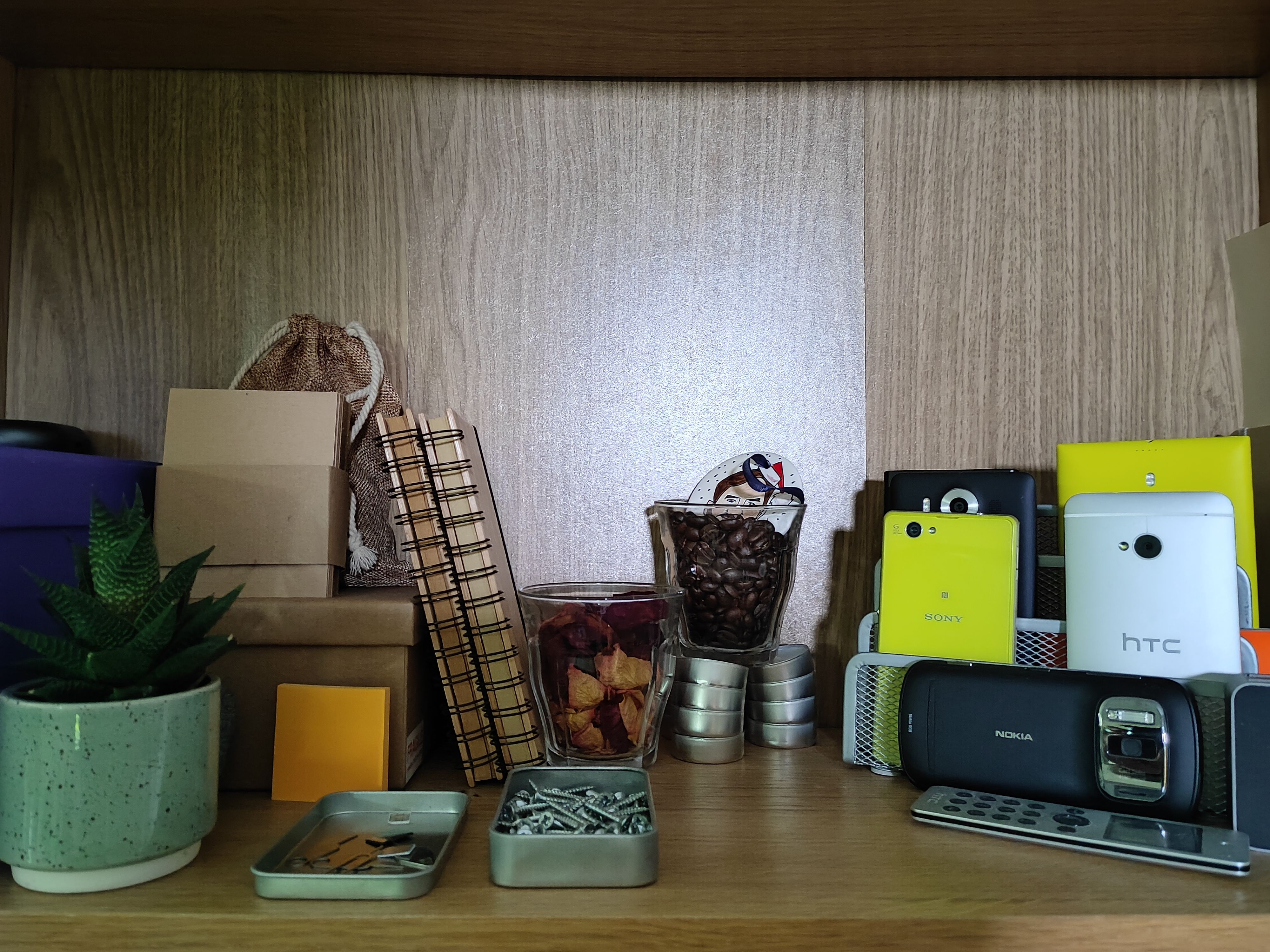

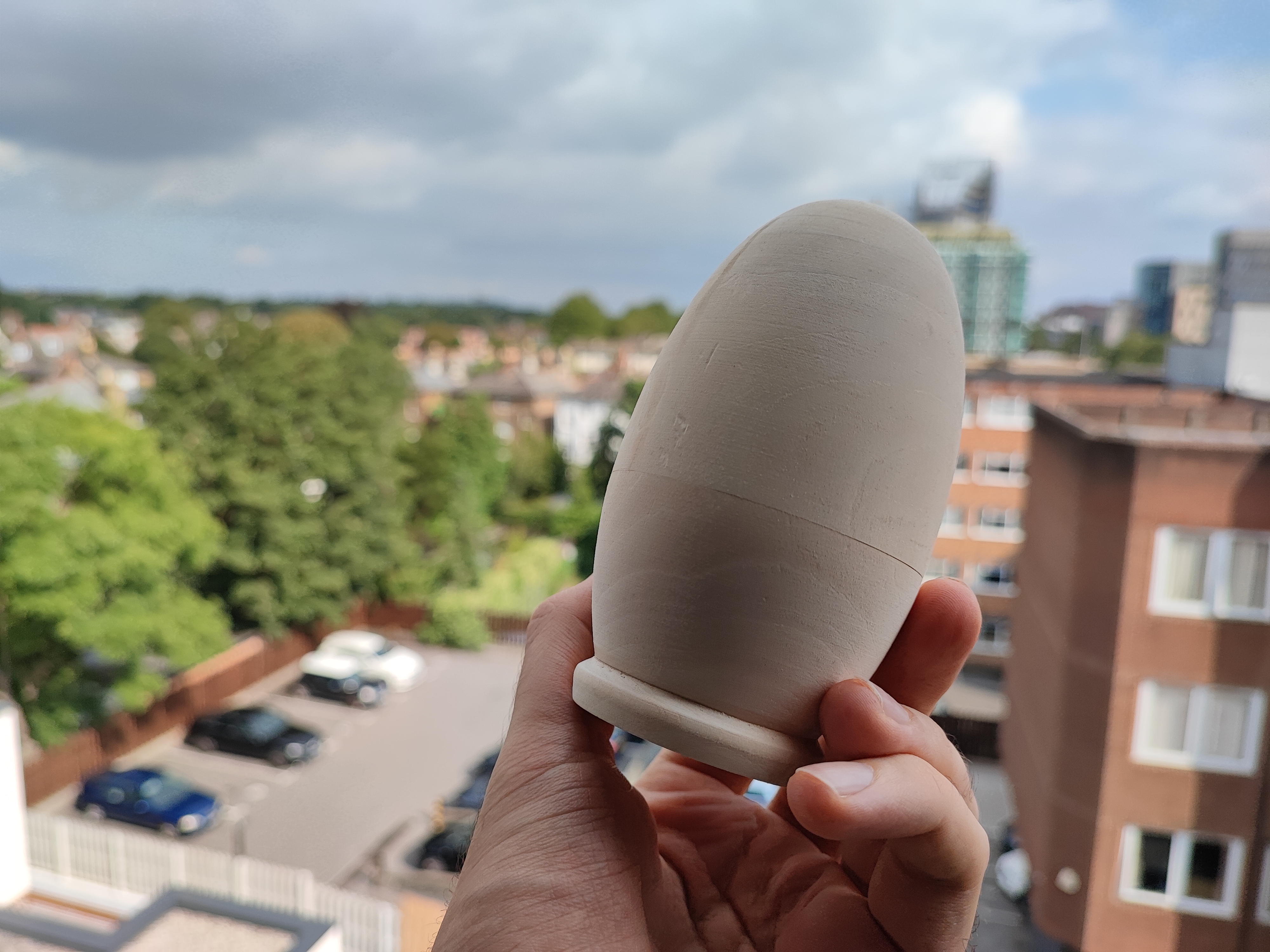
The ultrawide camera is fine. There’s nothing standout about it, other than the fact it’s supported by Night mode and Pro mode. This means it can be given a software boost to deliver more impressive snaps in challenging scenes than its specs alone suggest. Distortion in photos is corrected for relatively well, and while edge detail is slightly soft, there are very few better ultra-wide options at this price point.
Meanwhile, the selfie camera is one of the most flattering out of the box we’ve used. Xiaomi has its default algorithm set just right for us; slight beautification without total cosmetic overhauling.
Probably the weakest area when it comes to imaging on the Xiaomi 11T Pro is its video capture, specifically in low light. Despite being excellent in well-lit scenes, showcasing great stabilization at its price point; in dim environments, the phone is hesitant to bump up the brightness. On the plus, this means things don’t get too grainy, but you may well miss that magical moment on the dance floor or outdoors at night because auto exposure was all a bit too fiddly to override.
Xiaomi 11T Pro: Additional specs
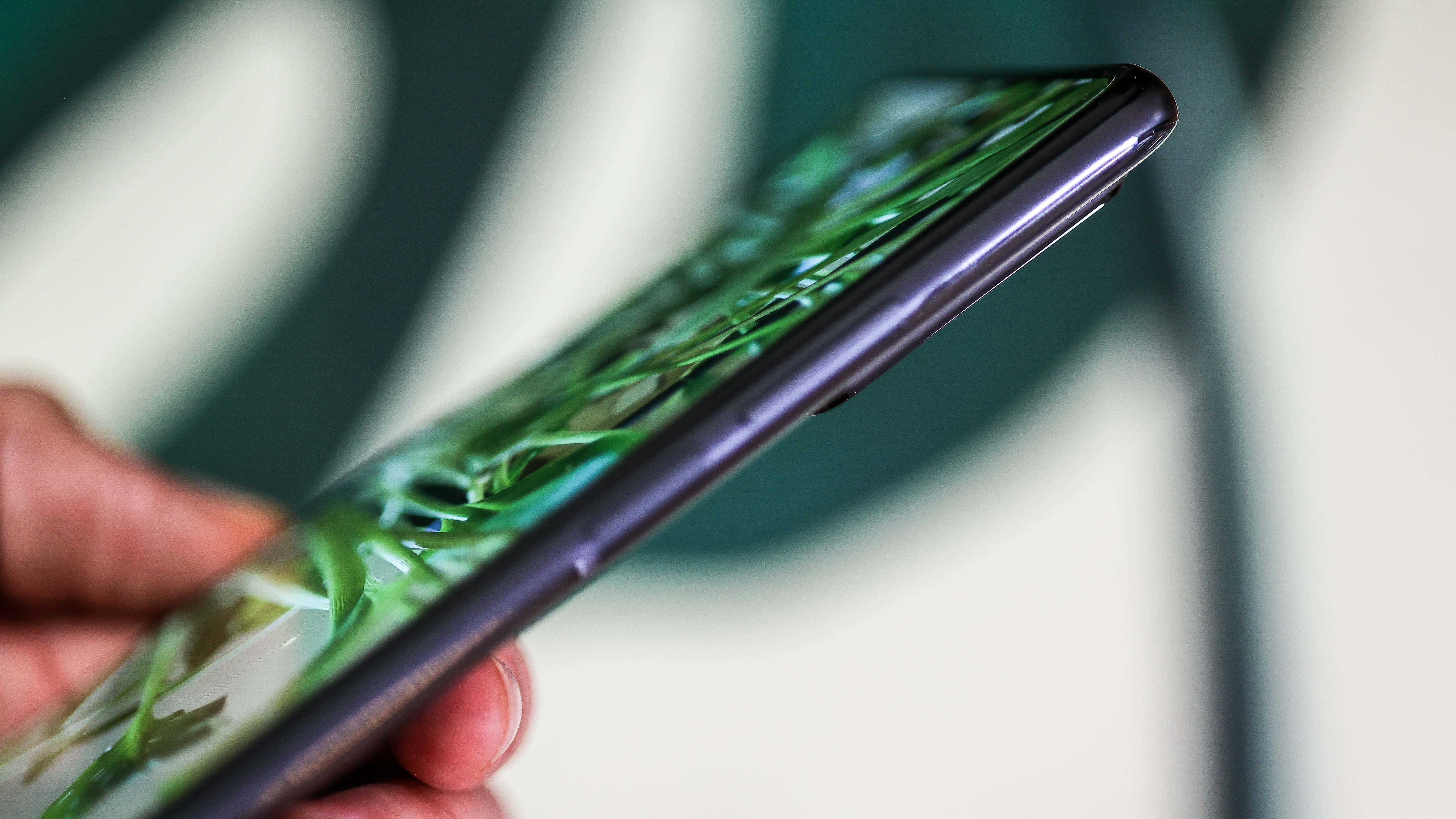
Powered by a Qualcomm Snapdragon 888 paired with either 8GB or 12GB RAM, the Xiaomi 11T Pro flew in our time with it, never slowing down, getting too hot, or crashing.
Running Android 11, it’s loaded up with MIUI 12.5.3, and promises three years of software updates and four years of security updates. This puts Xiaomi in line with the best Android phone makers in terms of future-proofing.
It’s also worth noting that Xiaomi’s interface is better than ever, even if it’s still a touch too heavy for our tastes. The phone’s app installs don’t pull up adverts like they used to on old versions of MIUI, most of the pre-installed apps can be uninstalled, and many of Xiaomi’s customizations, like the Control Centre which mimics that of iOS can be turned off. This means the phone can be made to feel more stock, which we really like.
With either 128GB or 256GB storage, the Xiaomi 11T Pro won’t leave you wanting for space unless you’re an absolute file-hoarding fiend. If you are a file hoarder, you’ll probably be one of the only people annoyed at the fact there’s no memory card slot. For most, however, storage options should be ample.
Rounding off with the phone’s 5,000mAh battery, it’s a huge cell which comfortably lasts a day, while charging at a staggeringly quick 120W thanks to Xiaomi HyperCharge. This means in under 20 minutes, the phone powers up from zero to 100 percent, and the 120W charger is included in the box.
Xiaomi 11T Pro: Verdict
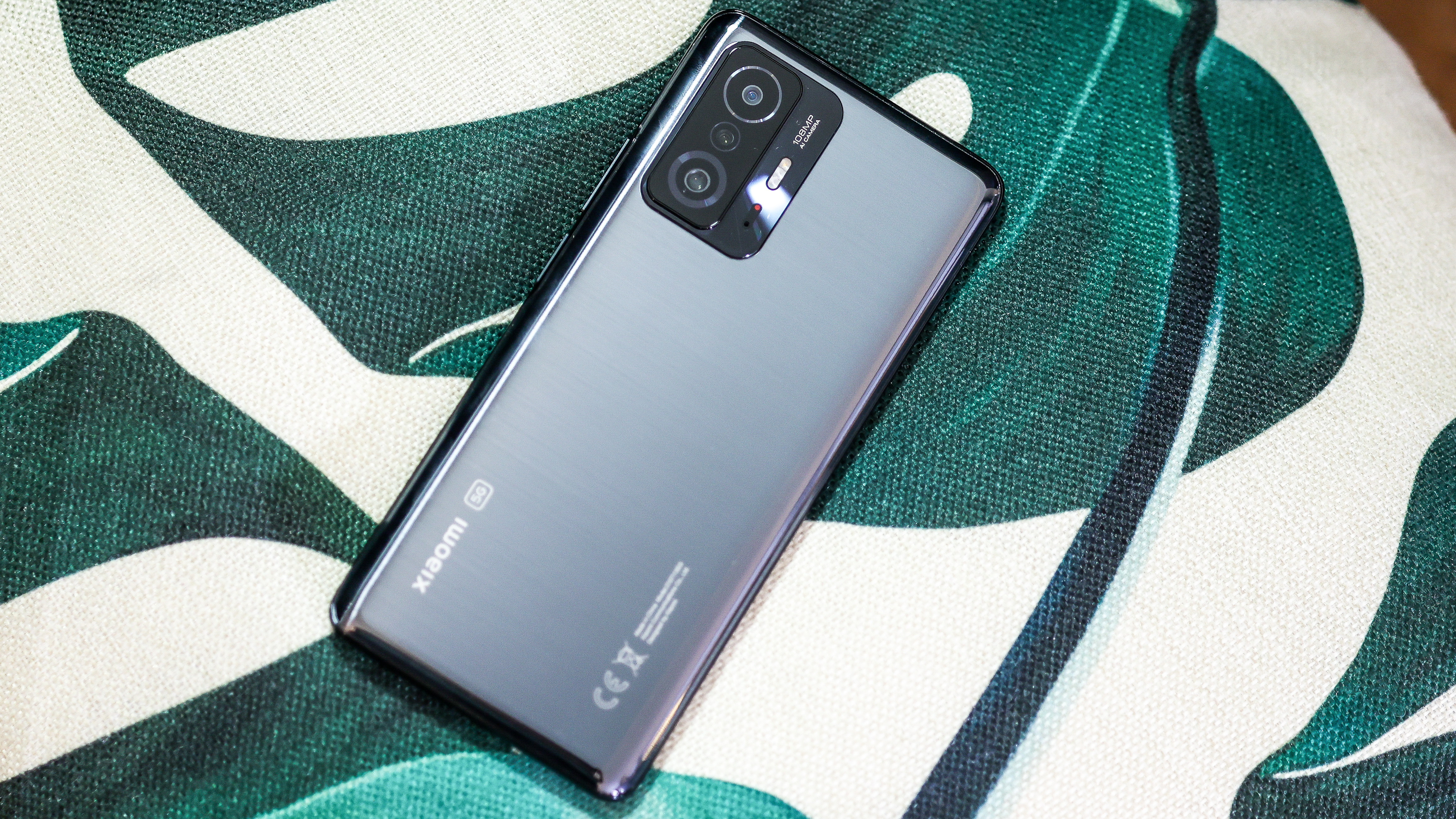
The Xiaomi 11T Pro is one of the best phone you can buy for its price, it’s that simple.
From an imaging point of view, you’re getting a tried and tested 108MP camera module with OIS that delivers reliable photos time and again. It also captures sharp video that’s held together well, and the phone’s stereo speakers, killer screen, and nippy performance make it great for everything from gaming to movie watching and general day-to-day use.
Of course, we would have liked wireless charging, but the 11T Pro’s incredibly fast 120W charging definitely goes a long way to make up for the phone’s one major omission, and with Xiaomi’s more stable software experience and the phone’s across the board impressive value, it is without a doubt one of the best camera phones for the price.
Read more
• The best camera phones you can buy today
• Best Xiaomi phone in 2021
• The best budget camera phone
• The best burner phones
• The best phablet
• Which is the best iPhone for photography?
• Best phone cases
• Best wireless chargers
Basil Kronfli is a freelance technology journalist, consultant, and content creator. He trained in graphic design and started his career at Canon Europe before moving into journalism. Basil is also experienced in video production, independently running the YouTube channel TechEdit, and during his time at Future, he worked alongside the Digital Camera World team as a senior video producer.
